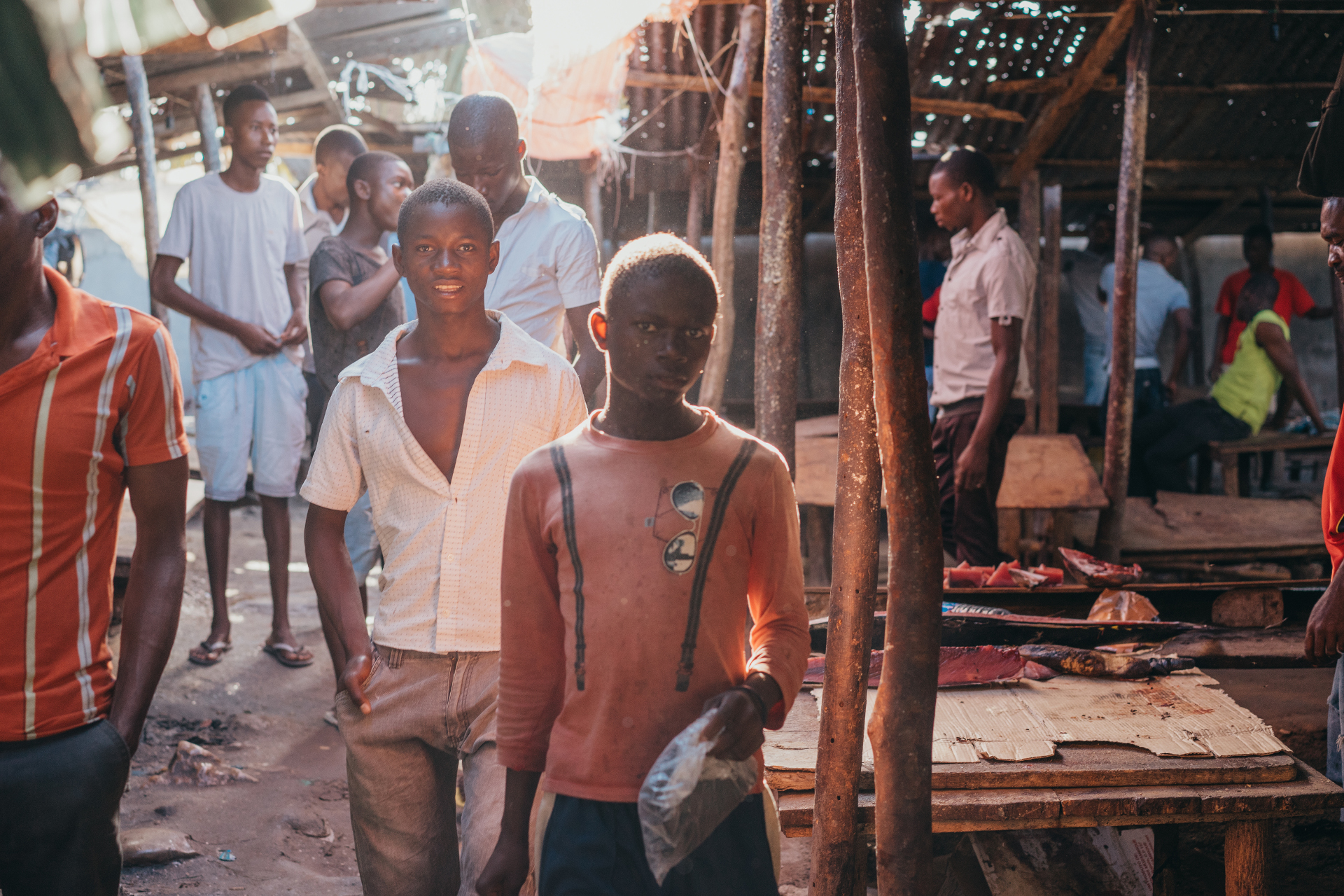For over one hundred years, the IMB has engaged in theological education (TE) across the continent of Africa. It has especially been a key component of IMB strategy in Sub-Saharan Africa. In fact, the second oldest seminary in Southern Baptist history is the Nigerian Baptist Theological Seminary in Ogbomoso, which began holding classes in 1898.
During the mid to late twentieth century, as the work in Africa began to grow, Baptist missionaries established a number of regional seminaries to handle the need for well-equipped church leaders and pastors. This resulted in an initial wave of trained pastors and church planters who took the gospel to many unreached areas across the continent.
Lessons from the Past

The bountiful harvest, combined with a focus on rapid church planting, created greater TE needs that outpaced the African seminaries. Additionally, when the IMB began slowly handing over African seminaries to national conventions during the 1990s, a few conventions were prepared to run them, but most were not. That made it even more difficult to keep up with the rising tide of untrained leaders. The vacuum of unfilled training needs has led to what we see in Africa today: a broad church base with few trained pastors or national missionaries.
“The vacuum of unfilled training needs has led to what we see in Africa today: a broad church base with few trained pastors or national missionaries.”
Present-Day Needs
Because sound, biblical training is scarce, many church leaders in Africa seek education, resources, and training elsewhere. Unfortunately, they are being flooded with aberrant theologies, the prosperity gospel, and neo-Pentecostalism. Now, more than ever, Africa needs vibrant TE strategies that can lead the African church into a new day of theological health and missions advance.
Additionally, there is a great need to develop new delivery systems for TE that focus on decentralized approaches that accommodate oral learners and focus on producing grassroots leaders. Institutional-based TE is still needed, but in recent years we have adopted a more integrated, holistic strategy that encompasses every level of need and every area on the continent.
A Viable Strategy for Health
One of the primary ways that IMB is addressing the issue of theological education in Sub-Saharan Africa is by forming a Sub-Saharan-wide TE team. Three years ago, there were only five, full-time IMB missionaries in Africa whose ministry was solely focused on theological education. Since we began the Sub-Saharan-wide TE team, the team has increased to sixteen full-time missionaries and continues to grow.
These people engage in the missionary task at every level, but their primary focus is on serving in various Baptist TE institutions. They are embedded in local missionary teams, but they primarily relate to African seminaries and conventions as lecturers, consultants, and experts in theological education. They help address the health of institutions, encourage creative TE strategies across the continent, connect with partners doing similar work, and promote theological health in the local church.
Preparing for the Future
It’s been projected that in the next fifty years, most of the world’s evangelical Christian missionaries will come from Africa. With that in mind, IMB missionaries are working and praying for a theological reformation across the continent. Specifically, our sent out ones are working with African Baptist theologians and TE leaders to create this sense of vision and mission. We are also training church leaders to see that that the task of disciple making is urgent since the local church must be the sender of missionaries and not merely the recipient.
“IMB missionaries are training church leaders to see that that the task of disciple making is urgent since the local church must be the sender of missionaries and not merely the recipient.”
One of the primary ways that IMB is helping to make this important shift in thinking and practice is the Africa Baptist Theological Education Network (ABTEN). Two years old, ABTEN is comprised of Baptist partners, seminaries, and educators from over twenty-two different countries and more than forty-five institutions. The driving theme of this network is “By Africans for Africa . . . from Africa to the world.”
ABTEN exists to impact local African churches through Baptist theological institutions by strengthening and promoting sound, missional, and contextual theological education. While Baptists value autonomy, they also value cooperation. The ABTEN believes that by working together, we can do more to address the problems in Africa and do more to send trained missionaries from Africa to the world.
One of the exciting results from ABTEN has been the creation of a theological think tank and writing ministry called AB316. The African church has much to contribute to worldwide theological perspectives, but there are very few African Baptist theologians and authors today. AB316 exists to promote African Baptist theologians and to bring these talented scholars together to address some of the greater challenges that are facing the church.
Currently, AB316 is working on a three-year, multilevel project to address the prosperity gospel and neo-Pentecostalism in Africa. The plan is to publish a multilayered curriculum for both oral and literate learners that addresses these issues at every level—ranging from basic training for local churches to advanced seminary-level training.
Pray for God’s Work in Africa
As you pray for the spread of the gospel in Africa, pray for those who are laboring in theological education and leadership development. Without godly, theologically grounded leaders, the African church will never be able to fulfill her purpose in the world. Pray that the strategies and exciting possibilities before us will be fully realized.
Pray for schools that have limited financial resources, limited local support, and limited personnel, and yet their task is greater than it has ever been.
Finally, pray for ABTEN—specifically, that God would use it to spark a theological reformation and an African missionary thrust that would spread from Africa to the nations.

